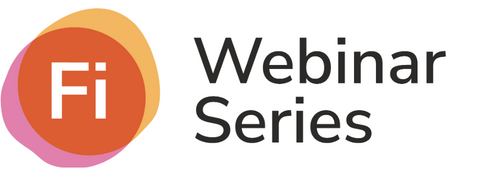Sleep problems have worsened over the past two years across Europe, according to FMCG Gurus’ Stress and Sleep Management survey conducted in 2019 and 2020. Covid-19 has led to heightened concern about health and finances, and a growing number of consumers is looking for products and ingredients that aid sleep without long-term health effects. Indeed, those who are run-down are known to be at higher risk of becoming seriously ill if they contract coronavirus.
“As such, consumers are demonstrating a greater level of interest in products that help aid relaxation, alleviate stress, and improve sleeping patterns,” according to a recent regional update report from Fi Global Insights and FMCG Gurus. “When seeking out these products consumers want reassurance over natural formulation. This is because they want to avoid ingredients that help them relax in the short term, but contribute to health problems in the long term. As a result, the demand for botanicals that are deemed natural and are associated with improving mental wellbeing and sleep health is on the rise in Europe.”
Ingredients and expectations
Suppliers offer a range of botanical ingredients with sleep improvement claims, such as spearmint and adaptogens like ashwagandha, which are said to reduce stress and aid relaxation. Improved sleep is also an area of interest for those looking into the therapeutic effects of CBD, a non-hallucinogenic compound from cannabis, which is also beginning to appear in products intended to boost sleep quality.

However, consumers have certain long-held expectations around some botanical ingredients, whether or not research backs their beliefs. Camomile and lavender are among the most well-known ingredients associated with natural sleep enhancement, even though little evidence supports such a connection. On the other hand, melatonin and valerian root are both well-known and well-researched, and a growing number of studies suggests they do indeed help promote sleep.
Melatonin is now the world’s most popular sleep supplement, accounting for about a third of the market, according to Nutrition Business Journal. Despite a slump in melatonin sales in recent years – including a 1% decline in 2017 – the ingredient rebounded to more than 17% growth in 2020 as demand for natural sleep aids increased during the pandemic.
Which formats?
When it comes to product formats for sleep enhancing ingredients, gummies are on the rise, but sleep-promoting beverages are a natural choice for many consumers, especially herbal infusions made from ingredients like valerian root and chamomile. However, Euromonitor International suggests the time could be right for other beverage formats to break into the mainstream.
“A new wave of functional relaxation drinks is appearing with targeted sleep-promotion claims,” according to Matthew Berry, Beverages Consultant at Euromonitor. “…Early products in the category suffered from unclear messaging about usage and had long ingredients lists at a time when functional beverages were moving sharply in the direction of clean labels. The newer functional relaxation products shortened their ingredients lists, offering lighter, more natural products.”
Berry added that factors driving increased interest in sleep-promoting products – whether personal, financial or political – were unlikely to disappear post-pandemic.
“This demand for improved sleep will be one of the key areas for functional beverages to focus on in the years to come,” he predicts.






